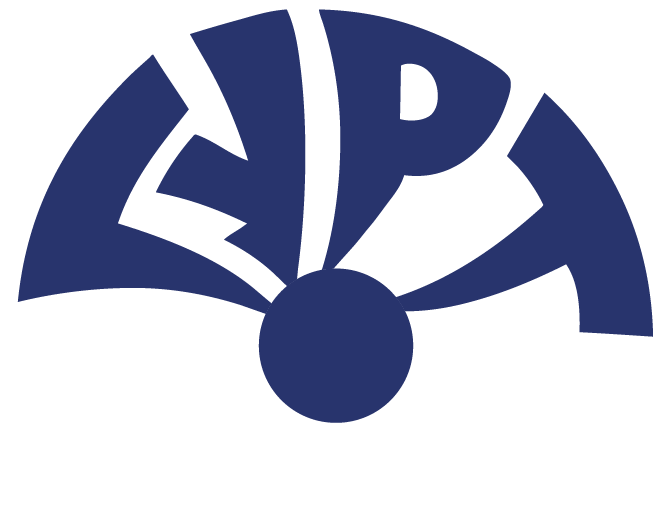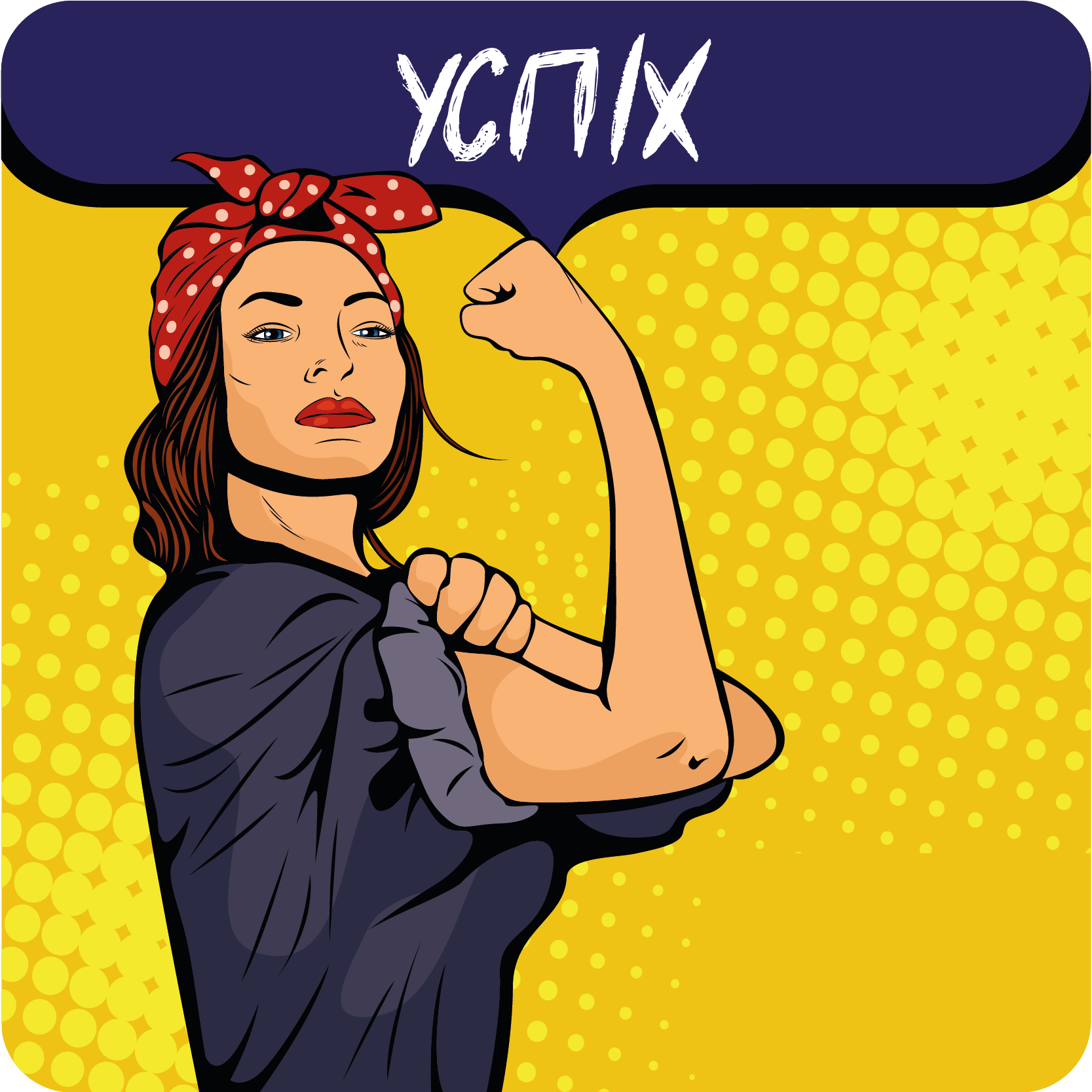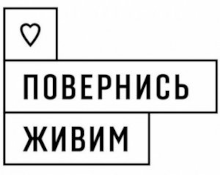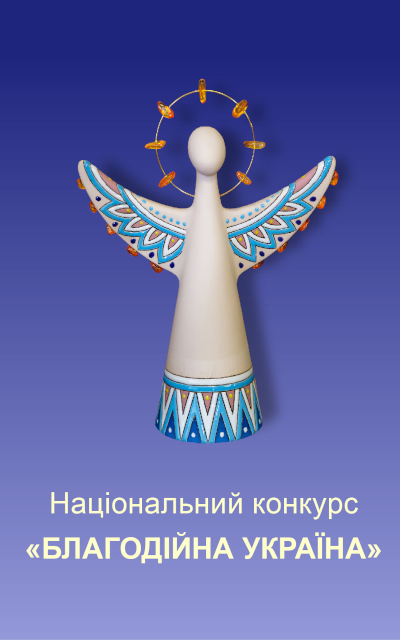


EUACI шукає експерта/ку із стратегічних комунікацій для підтримки комісії з аудиту НАБУ
23.09.2024

Terms of Reference for a Strategic Communication Expert to support the International Commission for NABU’s External Independent Assessment (Audit)
1. Background
The European Union Anti-Corruption Initiative (EUACI) Phase III marks a continued commitment to supporting Ukraine's efforts in combating corruption, particularly by enhancing the capabilities of key institutions like the National Anti-Corruption Bureau of Ukraine (NABU). This phase builds on the successes of the previous phases, further reinforcing Ukraine's anti-corruption framework through a combination of technical assistance, strategic support, and capacity-building measures. Central to this initiative is the objective of improving the transparency, accountability, and efficiency of NABU in its investigations and operations, ensuring it remains a cornerstone in the fight against corruption.
NABU plays a pivotal role in Ukraine's anti-corruption landscape, tasked with investigating high-profile corruption cases involving public officials, government figures, and large-scale financial crimes. The bureau's work is critical for Ukraine’s alignment with EU standards of governance and transparency.
As part of EUACI Phase III, the NABU Audit is a key component aimed at ensuring the bureau's effectiveness, transparency, and independence. The audit, led by an independent commission, is intended to evaluate NABU’s performance and identify areas for improvement. This process involves not only a thorough examination of the bureau’s internal structures and processes but also a review of its adherence to legal standards and its impact on reducing corruption. The audit is designed to provide an objective assessment that can guide future recommendations, ensuring that NABU remains a robust institution in Ukraine’s anti-corruption efforts.
A crucial aspect of the NABU Audit is the need for effective communication. Given the sensitive nature of the audit and its potential impact on Ukraine's anti-corruption efforts, it is essential to balance transparency with confidentiality. The EUACI recognizes the importance of strategic communication and plans to recruit a communications expert through a local tender process. This expert will ensure that the audit’s progress is communicated effectively to both the public and stakeholders, while maintaining the independence and impartiality of the commission. This step highlights the EU’s commitment to fostering accountability and public confidence in Ukraine’s fight against corruption.
2. Objectives and Results
The Strategic Communication Expert will provide communication support to the NABU Auditing Commission by developing and implementing a comprehensive communication strategy, ensuring transparency and clarity throughout the audit process. This role requires strong expertise in strategic communication, an understanding of the sensitive nature of auditing activities, and the ability to balance transparency with confidentiality. The expert will work closely with the auditing team to maintain public trust, manage media relations, and ensure that communication efforts align with the audit’s objectives.
3. Scope of work
1. Communication Planning for the Commission for the External Independent Assessment (Audit) (hereinafter – Commission):
1.1. Develop and implement a communication strategy for the Commission.
1.2. Develop a communication plan for the Commission.
1.3. Provide strategic advice to the Commission on communication the Audit process;
1.2. Coordinating and receiving approval of plans from the Commission and Secretariat;
1.3. Conducting regular coordination meetings with the Commission and the Secretariat;
1.4. Participating in the Commission meetings and other important events (where possible and needed) to stay informed on the latest developments;
1.5. Analyzing plan’s implementation and adjusting plans accordingly.
2. Organization of Commission’s communications and providing leadership in the performance of the communication function:
2.1. Coordinating and processing incoming requests from journalists, preparing comments/replies with assistance of the Secretariat;
2.2. Organizing interviews and comments of Commission’s speakers for media;
2.3. Organizing meetings and other events with media representatives (e.g., interviews, comments) and other stakeholders (e.g., NGOs and activists) with the support of the Secretariat;
2.4. Preparing speakers for meetings with media representatives and other public events, including drafting talking points with the support and in coordination with the Secretariat;
2.5. Creating informational triggers, drafting materials (press releases, announcements, news, videos), and organizing infographics development based on the Commission's work results with the support of the communications agency;
2.6. Developing draft open-eds and other materials upon request of the Commission;
2.9. Crisis communication management.
3. Monitoring and reporting:
3.1. Organizing regular (weekly; daily in a crisis situation and upon important events/milestones) media monitoring and analysis of key messages;
3.2. Preparing final report to the Commission and the donors, which should include best practices from the period and lessons learned.
4. Deliverables:
• Comprehensive Communication Strategy:
A detailed communication strategy developed and submitted for the Commission’s approval. This will outline the objectives, key messages, target audiences, channels, and timeline for external communication during the audit.
• Communication Plan:
A clear, actionable communication plan approved by the Commission and Secretariat, incorporating milestones, key events, media engagements, and stakeholder outreach.
• Media Engagement and Content Creation:
A series of press releases, announcements, news articles, and talking points prepared and approved, alongside media interviews and public engagements organized.
Draft op-eds, informational triggers, and infographics completed based on the Commission's work and results, with assistance from the communications agency.
• Crisis Communication Framework:
A crisis communication strategy, developed and implemented in case of unforeseen circumstances, ensuring timely and effective handling of sensitive information.
• Monitoring and Final Report:
Weekly (or daily during critical events) media monitoring reports, analyzing key messages, trends, and media coverage.
A final comprehensive report summarizing communication efforts, outcomes, lessons learned, and best practices, submitted to the Commission and donors.
5. Professional and Personal Requirements:
• A University Degree in Media, Journalism, Marketing, Public Policy, Public Administration, Economics, Law, International Relations, Political Sciences, Social Sciences, or a related field.
• A minimum of 5 years of professional experience in strategic communications, including the design, implementation, and monitoring of communication and media initiatives.
• In-depth knowledge of accountability, transparency, and anti-corruption assessments, as well as evaluation methodologies for identifying vulnerabilities in governance systems, institutions, and processes. Familiarity with the political and social landscape in Ukraine, including civil society and media concerns, is essential.
• Proven experience in building strong working relationships with international organizations, Ukrainian institutions, and media outlets.
• Demonstrated ability to handle sensitive political issues with discretion, tact, and diplomacy.
• Exceptional analytical, negotiation, and communication skills, with the capacity to produce high-quality advisory reports and knowledge products.
• Managerial and leadership experience, including decision-making abilities, would be a valuable asset.
• Strong team-working skills, fostering a collaborative environment, and mentoring partners and colleagues effectively.
• A track record of delivering results by following through on tasks and objectives.
• Ability to work efficiently under pressure, meet tight deadlines, and demonstrate flexibility and an entrepreneurial approach.
• Fluency in both Ukrainian and English is required.
The strategic communication expert may work remotely but must be in Kyiv during the commission's visits.
6. Start date and period of task implementation
The intended commencement date is the date of signature of the contract by both parties and the period of implementation of the contract will be up to 6 months, with a maximum duration of 40 working days starting from October 2024 with financial closure in March 2025.
7. Monitoring and evaluation
Definition of indicators
The performance of the Service Provider will be judged upon reaching the purpose of this contract as well as obtaining its results, as indicated in the section” Objective and results" herein, respectively. Moreover, the performance of the Service Provider will be judged upon the successful implementation of all the specific activities indicated in the section" Scope of work” of the present document.
8. How to apply
Provide the CV and expected daily rate in EUR till 27 September 2024, 18:00 Kyiv time to the Anti-Corruption Expert Viktoria Popyk, the e-mail: [email protected] with the title Strategic Communication Expert for NABU Audit.
Bidding language: English.
Clarification questions:
Questions for the Request for Bid should be addressed to [email protected] no later 24 September 2024, 18:00 Kyiv time.








Коментарі